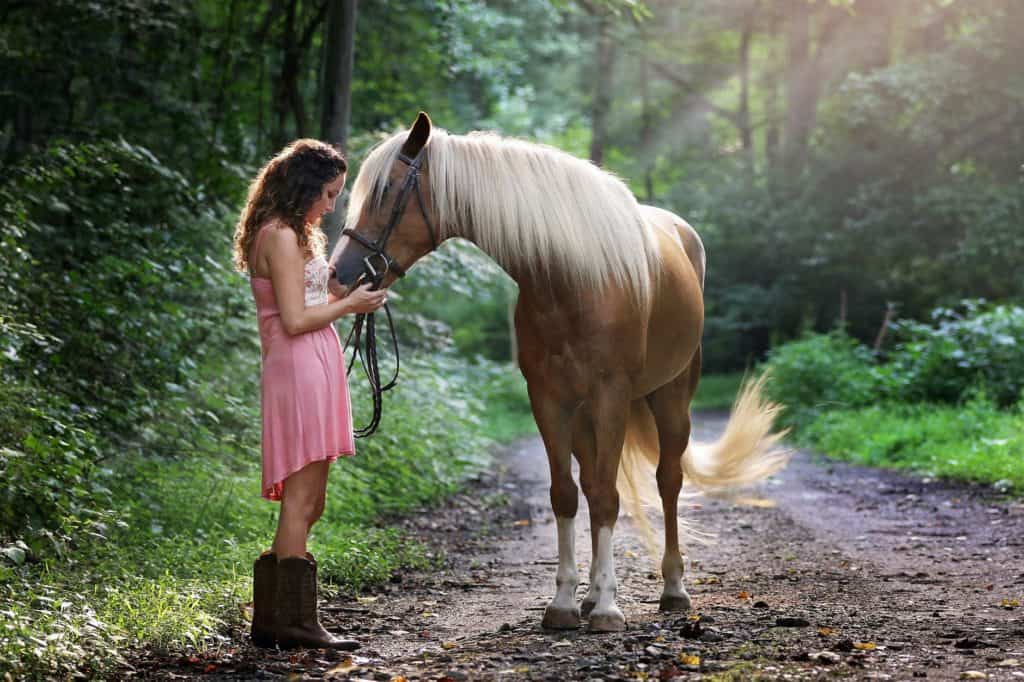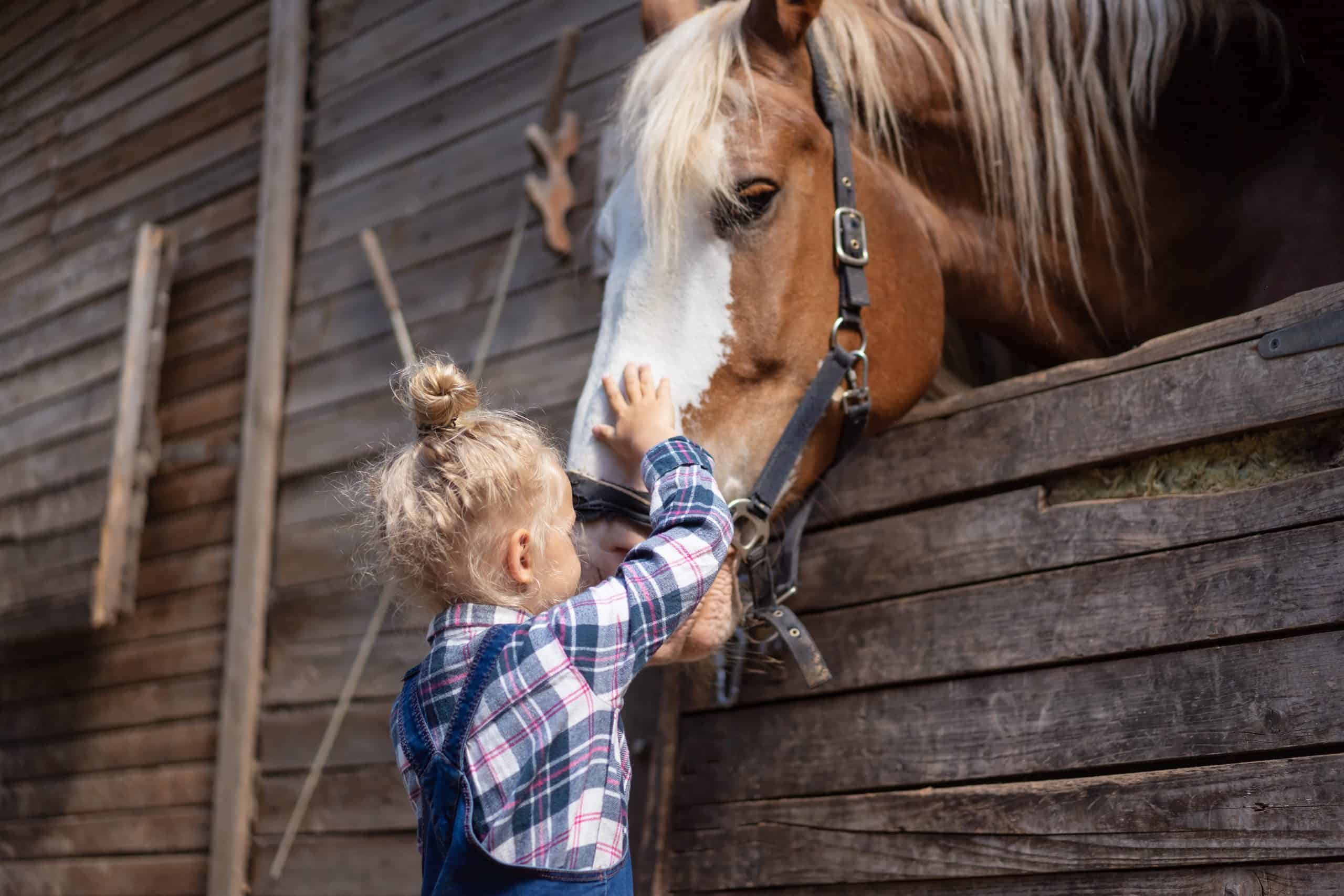Horses and Child Development: Character Building

Horses have long been recognized not only as majestic animals but also as powerful partners in fostering child development and character building. Engaging with horses can provide children with unique opportunities to develop essential life skills, emotional intelligence, and physical abilities.
How Horses Contribute to Child Development
| Aspect | Description | Benefits for Children |
|---|---|---|
| Emotional Growth | Interacting with horses requires empathy and patience. Children learn to understand and respond to the horse’s needs and moods. | Enhances empathy, emotional regulation, and confidence |
| Responsibility | Caring for a horse involves daily tasks such as feeding, grooming, and cleaning. | Builds a sense of duty, reliability, and time management |
| Physical Development | Riding and handling horses improve balance, coordination, and strength. | Promotes physical fitness and motor skills |
| Social Skills | Group riding lessons and horse care encourage communication and teamwork. | Develops cooperation, leadership, and social interaction |
Character Building Through Equine Activities
-
Patience and Perseverance: Training and bonding with horses require consistent effort and patience, teaching children to persist through challenges.
-
Confidence and Self-Esteem: Successfully managing a large animal boosts a child’s confidence and sense of accomplishment.
-
Respect and Compassion: Understanding a horse’s behavior fosters respect for animals and nurtures compassion.
-
Problem-Solving Skills: Handling unexpected situations with horses encourages quick thinking and adaptability.
Frequently Asked Questions (FAQ)
How does horse riding improve a child’s emotional health?
Horse riding helps children connect with animals, which can reduce stress and anxiety. The bond formed with horses promotes emotional healing and self-awareness.
Is horse care suitable for all children?
While many children benefit from horse care, it requires supervision and guidance to ensure safety. Children with allergies or fear of animals should be introduced gradually.
Can horse activities help children with special needs?
Yes, equine-assisted therapy is widely used to support children with autism, ADHD, and other developmental challenges by improving motor skills and emotional regulation.
Conclusion
Incorporating horses into a child’s life can be a transformative experience that supports holistic development. From building character traits like responsibility and empathy to enhancing physical and social skills, horses offer a unique and enriching avenue for growth.
Would you like me to help improve the clarity, add more examples, or create a detailed outline for this blog article?
